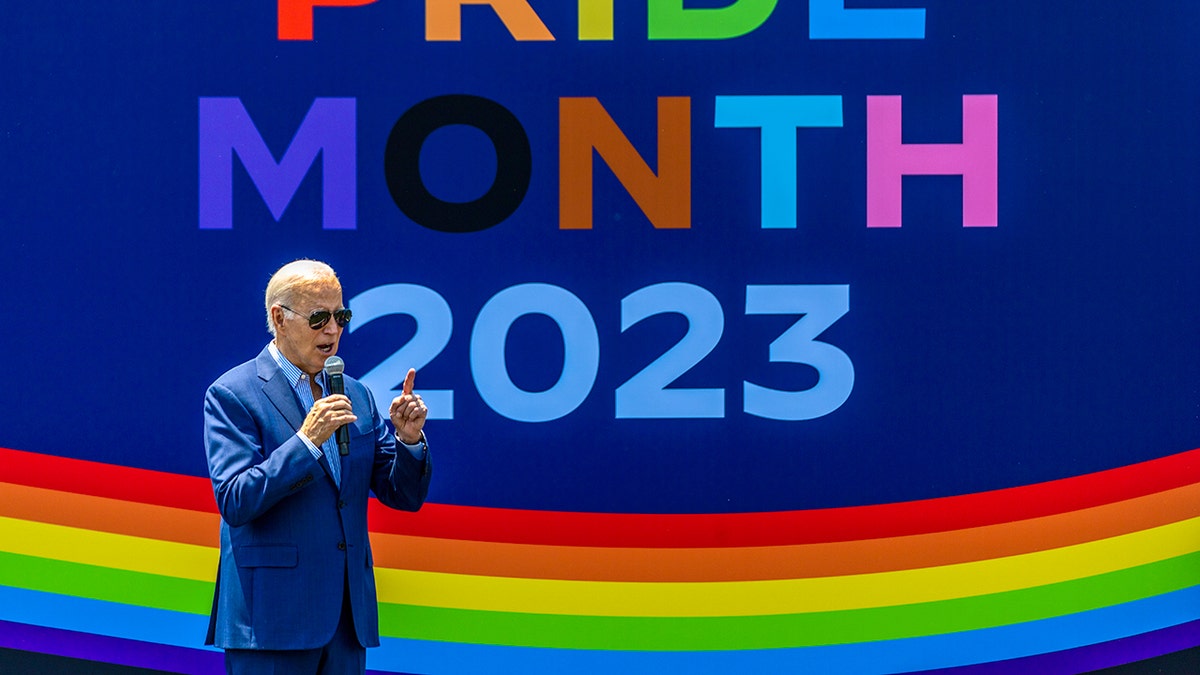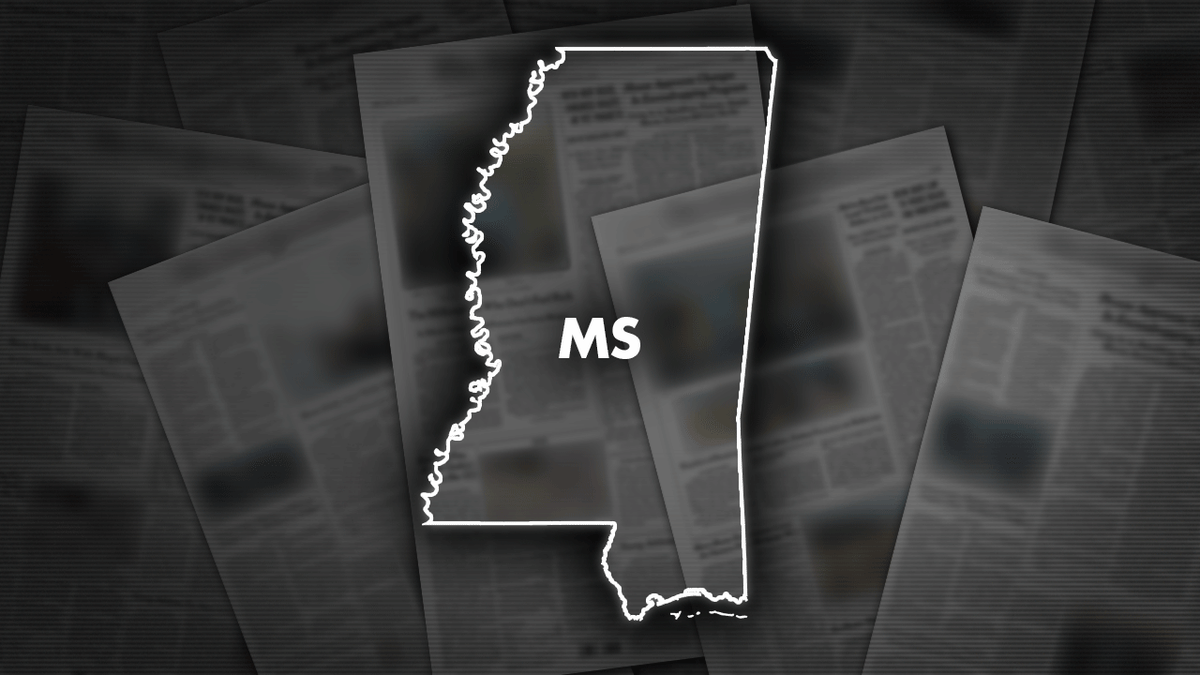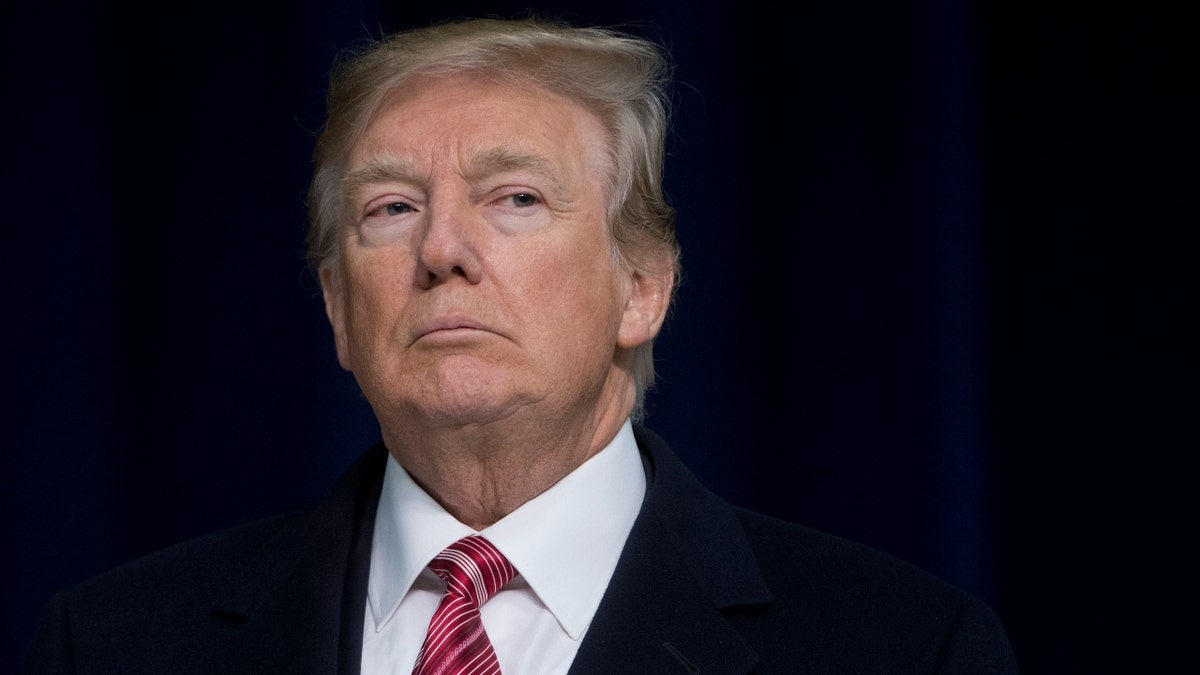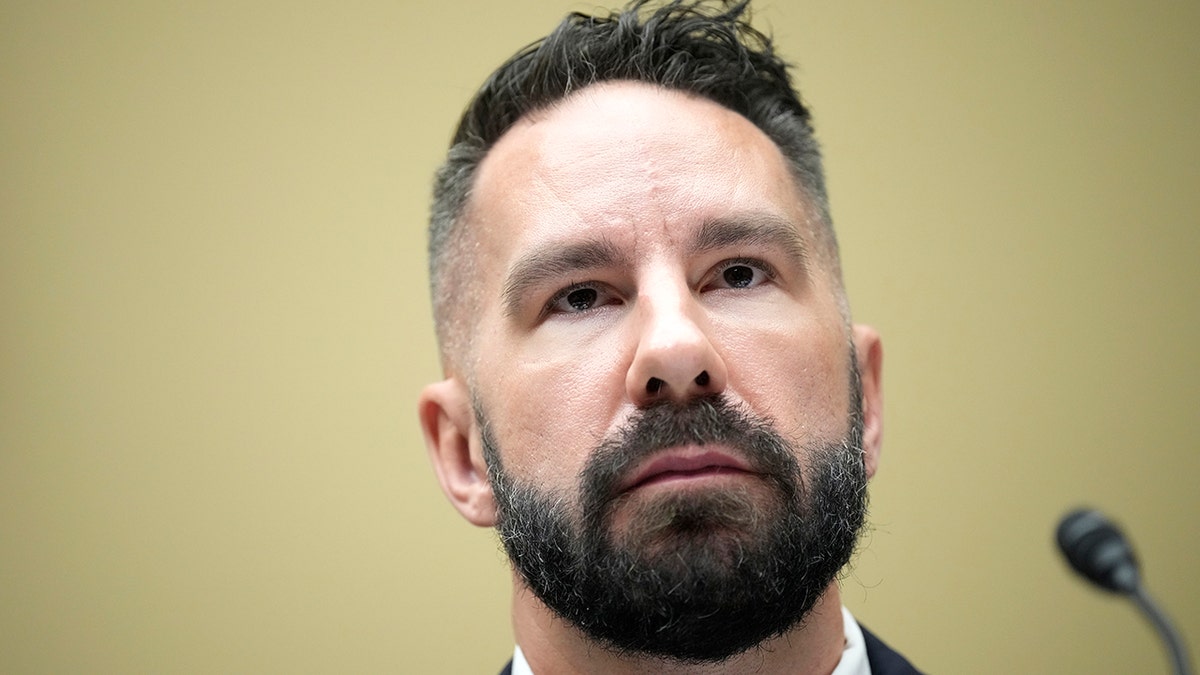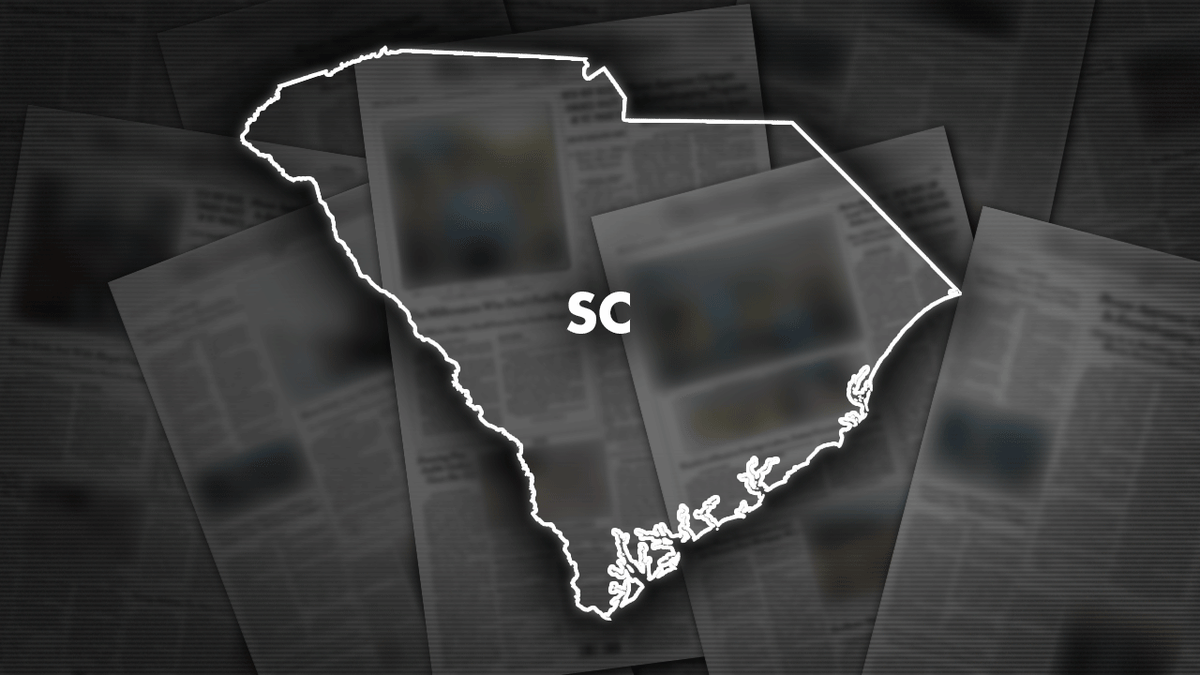For thirteen years, MSNBC's relationship with Reverend Al Sharpton has raised eyebrows regarding journalistic ethics. His history, including the Tawana Brawley case, hasn't deterred the network. One could argue that MSNBC prioritized optics over journalistic integrity, seemingly using Sharpton to address diversity concerns rather than focusing on his controversial past.
Sharpton's influence within the Democratic party is undeniable, with numerous presidential candidates, including Joe Biden and Kamala Harris, seeking his endorsement at National Action Network (NAN) events. This cozy relationship came under scrutiny when Harris's campaign donated $500,000 to NAN shortly before a notably soft interview with Sharpton on MSNBC. While MSNBC claimed ignorance of the donation, it raises questions about the impartiality of the network and Sharpton's role as a journalist.
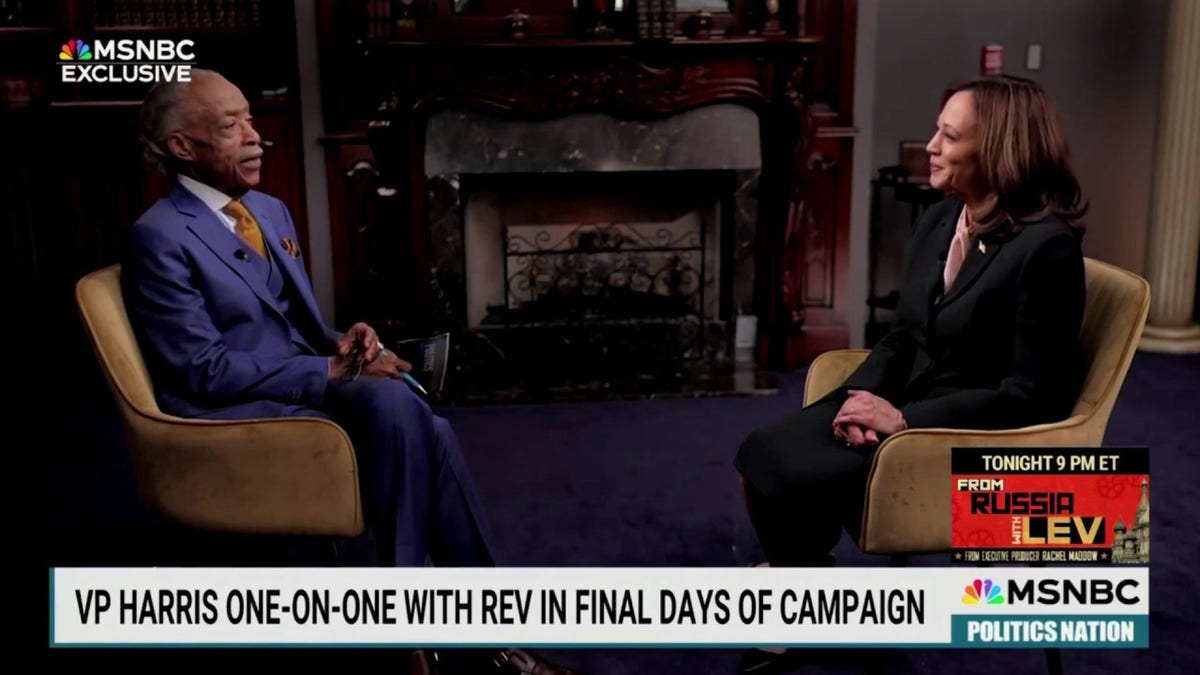
Harris, known for her limited engagement with national media, seemed to make an exception for Sharpton. This preferential treatment, combined with the substantial donation to his organization, suggests a potential quid pro quo, where financial contributions ensure favorable coverage. Sharpton's effusive praise of Harris in a press release further blurs the lines between journalism and advocacy.
The interview itself was far from hard-hitting. Sharpton lobbed softball questions at Harris, focusing on her birthday reflections and criticisms of Donald Trump's language. The lack of substantive questioning reinforces the perception of a pre-arranged, mutually beneficial exchange rather than a genuine journalistic endeavor.
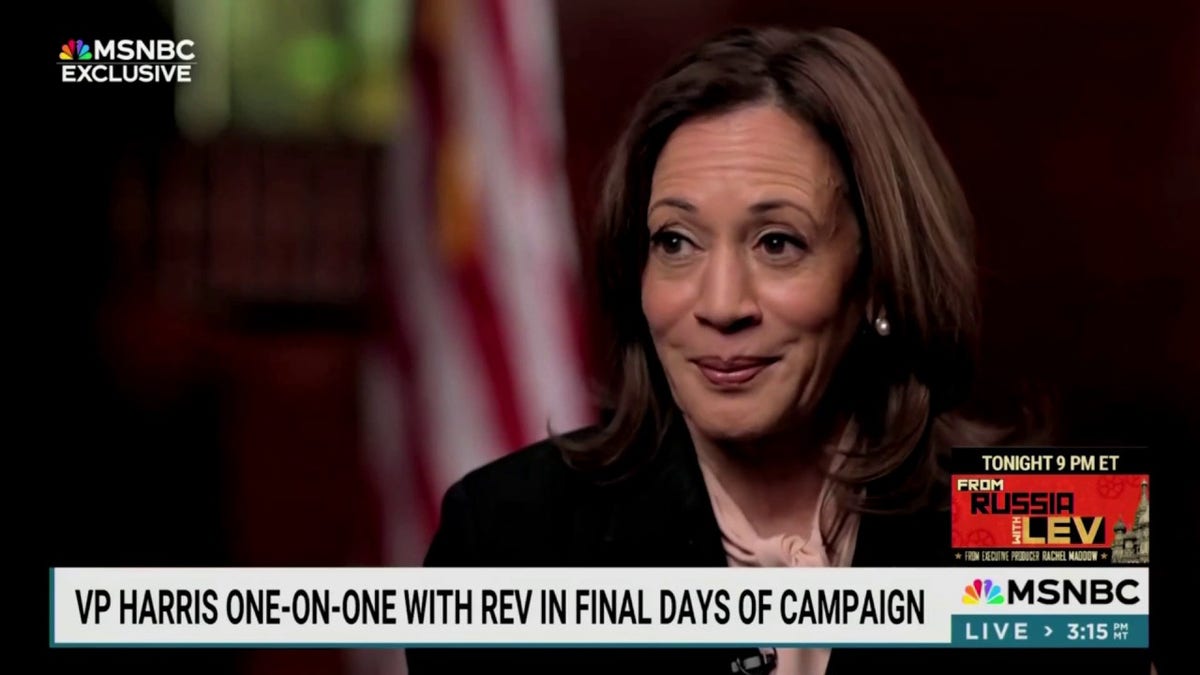
Following the interview, Sharpton actively campaigned for Harris in Michigan, further demonstrating his close alignment with the Vice President. This overt political activity, coupled with his role as an MSNBC host, continues to raise concerns about conflicts of interest and the network's commitment to unbiased reporting.
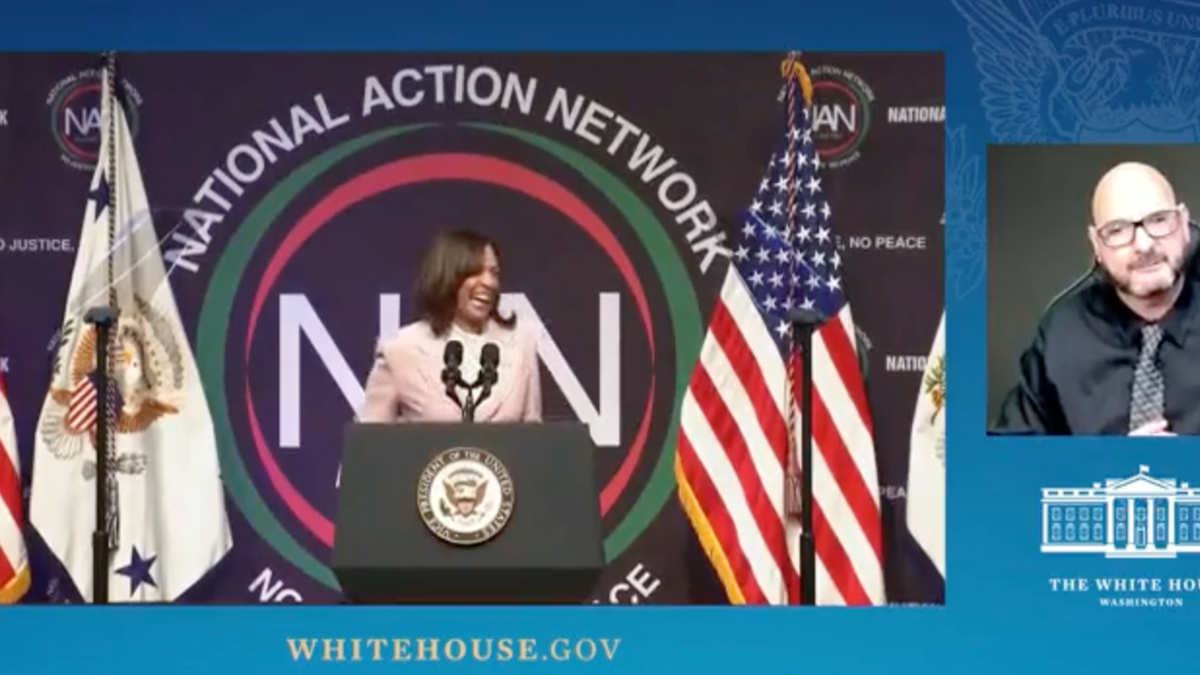
While MSNBC might dismiss these concerns, the close relationship between Sharpton and Harris, marked by substantial financial transactions and favorable coverage, casts a shadow over the network's credibility and raises serious questions about journalistic ethics in the modern media landscape.

